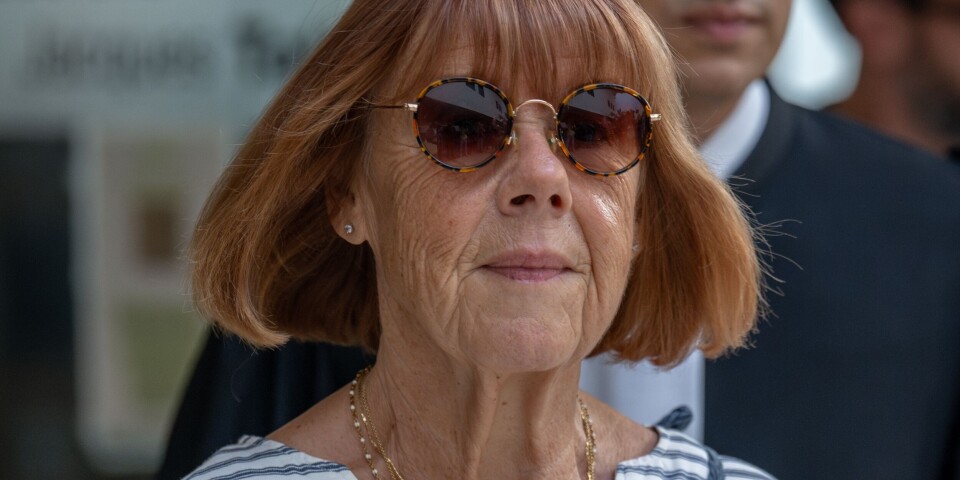French Prime Minister François Bayrou will unveil part of his plans to save €40 billion from the 2026 budget today (July 15), as he looks to gain support before formal discussions on the law begin in autumn.
Several ideas have been proposed on how to find the money – from new taxes for specific sectors to reductions in social security and healthcare spending – with reducing France’s deficit being the main objective of Mr Bayrou’s tenure.
However, there are reports that the prime minister is eyeing another controversial option that could have a widespread impact on residents of France.
Mr Bayrou may be looking to declare 2026 as an année blanche in the budget texts.
This refers to a total freeze on public spending, which will be fixed at the levels seen in the 2025 budget passed in February. The move would include the funds given to the public sector and local authorities.
This may also freeze the country's tax brackets, which historically increase each year in line with inflation.
It could see up to €10 billion saved from the annual budget, according to the Senate’s Finance Commission. However, it would hit lower-income households particularly hard, as less aid would be available.
France is facing a 30-year high in poverty levels, the statistics body Insee reported earlier this week.
Pensions, income tax brackets: what else is paused?
Alongside the freeze on public spending, several other changes that usually come alongside the budget could be cancelled as part of an année blanche.
This includes state pension increases, which are usually linked to inflation.
For retirees, it would mean pension amounts would remain the same as in 2025, seeing up to 10 million households lose out on ‘several hundred euros’ according to the Observatoire français des conjonctures économiques (OFCE).
At the same time, it could raise €3.7 billion, the OFCE said.
In 2024, the index rate was set at 2.2% for pension payouts.
It is worth noting that a similar proposal was made by former Prime Minister Michel Barnier last year, but it was removed from his budget after widespread backlash.
This did not save him from being ousted in a vote of no confidence in December 2024, when he attempted to force his revised budget through the Assemblée nationale without a vote.
Another major impact of an année blanche would likely be France’s income tax brackets remaining the same.
These usually increase each year in line with inflation (unless blocked by the government), with the increase essentially ‘neutralising’ the effect on taxes.
If brackets remain the same this year, hundreds of thousands more households would see themselves enter the first taxable band or have a larger percentage of their income subject to a higher rate.
Freezing the tax bands at current rates for a year could bring in around €1.2 billion, said the OFCE, provided annual inflation reaches 1.1%, the current end-of-year estimate.
The prime minister is also reportedly in favour of removing two public holidays in France, increasing VAT, reducing government aid to businesses, and making access to certain unemployment aids more difficult, as alternative avenues to recoup funds.
Political tightrope
There is a rather large obstacle to an année blanche in the form of the 577 MPs in the Assemblée nationale.
Mr Bayrou inherited the fractious parliament of his predecessor, Mr Barnier, roughly split in thirds between the left and far-left, the centrists and right-wing, and the far-right.
While a year has passed since the last elections and the parliament can again be dissolved for a new round of voting to take place, President Emmanuel Macron is thought to be against doing so.
The prime minister’s government is in a minority position and does not hold enough votes to pass measures without relying on the assistance of other parties.
It means any major reform needs the support of one of the two blocs on either side, and a freeze on public spending is an immediate red line for those on the left.
They argue an increase in taxes on the wealthy would account for a large portion of the €40 billion needed, and made this a cornerstone of their 2024 manifesto.
The far-right group is unlikely to support any measure that impacts lower-income households and pensioners, and previously said an increase in VAT for small businesses would lead them to file a vote of no confidence in the prime minister.
Even within the centrist bloc, Mr Bayrou’s plans are raising eyebrows.
The right-wing Les Républicains have said that while they generally support a freeze on public spending, certain sectors should be exempt.
This includes the freezing of tax bands, which in practice amounts to a tax rise on working households, a red line for the party.
MPs for the right-wing group also say freezing pension payouts is a proposal they will not back.
Even President Macron announced earlier this week a plan to increase defence spending by €6.5 billion over the next two years.
For their part, the prime minister’s camp has taken a tough stance, stating that the €40 billion in savings is non-negotiable.
They are, however, expected to talk with other parties to seek compromises.
There has to be an accord to find this money one way or another, said an advisor to the prime minister to public service broadcaster FranceInfo.
Failure to agree on a budget text would leave Mr Bayrou facing the same fate as his predecessor, being forced to gut the text to win approval from enough MPs outside of the government, or attempt to push through the budget without a vote and face a vote of no confidence.
In the case of the latter, he is more than likely to be ousted.




























